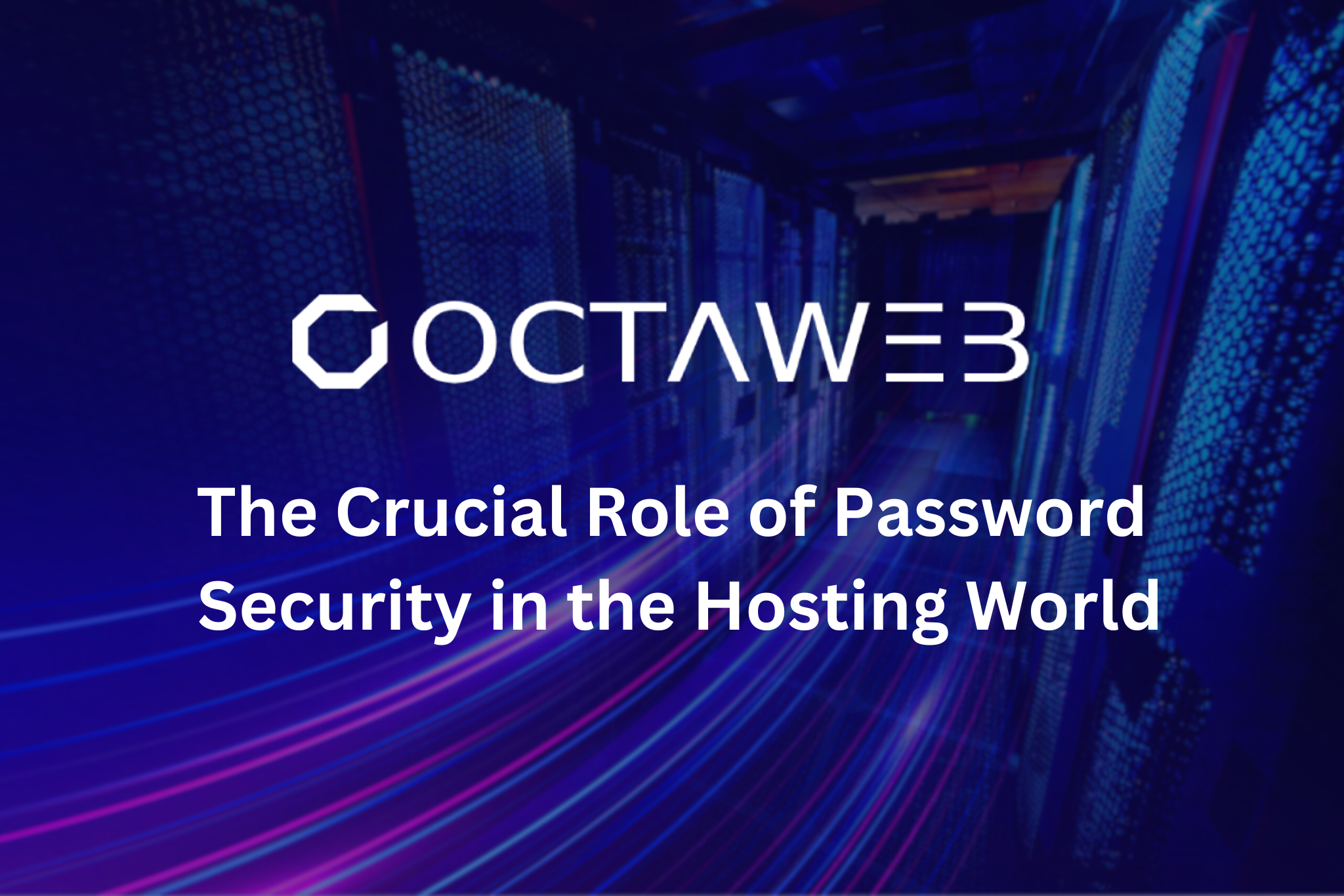In an era where data breaches and cyber threats have become all too common, password security is no longer a recommendation; it’s a necessity. For those involved in the hosting world – both consumers and businesses – the importance of robust password security cannot be overstated. Here’s why it matters and how you can increase your defences:
Why Password Security is Critical
Protecting Sensitive Data: Hosting providers manage vast amounts of sensitive information, from client details to financial records. A breach in password security can lead to unauthorized access, resulting in data theft and significant financial loss as well as legal action.
Maintaining Trust: Trust is the bedrock of any hosting service. Clients rely on hosting providers to safeguard their data. Weak passwords can erode this trust, leading to client dissatisfaction and potential loss of business.
Compliance with Regulations: Various regulations, such as GDPR and DPA, mandate stringent data protection measures. Failure to implement proper password security can result in hefty fines and legal repercussions.
Best Practices for Ensuring Password Security
Use Strong, Unique Passwords: Ensure that passwords are long, complex, and unique for each account. Avoid common words, and incorporate a mix of uppercase letters, lowercase letters, numbers, and special characters.
Enable Multi-Factor Authentication (MFA): MFA adds an extra layer of security by requiring multiple forms of verification. This makes it significantly harder for attackers to gain access, even if they have your password.
Regularly Update Passwords: Encourage clients and staff to change passwords periodically. Regular updates reduce the risk of old, potentially compromised passwords being exploited adding additional filters for dictionary words or common phrases can also reduce risk.
Educate Users on Phishing and Social Engineering: Training clients and employees to recognize phishing attempts and social engineering tactics can prevent many security breaches. Awareness is one of the most powerful tools in the fight against cybercrime.
Implement Password Management Tools: Password managers can generate and store complex passwords securely. These tools help users manage multiple passwords without compromising security.
For Hosting Consumers
As a hosting consumer, you’re the first line of defense for your own data. By adopting the best practices above, you can ensure that your personal and business information remains secure. Don’t rely solely on your hosting provider; take an active role in safeguarding your data.
For Hosting Businesses
As a hosting provider, you have a responsibility to protect your clients’ data. Implementing robust password security measures is not just about compliance; it’s about building and maintaining trust with your clients. Regularly update your security protocols and educate your clients about the importance of password security.
The Future of Password Security
As cyber threats continue to evolve, so too must our approach to password security. Innovations such as biometrics and advanced encryption methods are paving the way for more secure authentication processes. Hosting providers and consumers must stay ahead of these trends to ensure the protection of their data.
In conclusion, robust password security is fundamental in the hosting world for both consumers and businesses. By implementing best practices and staying informed about the latest advancements in security technology, hosting providers and consumers can safeguard sensitive data, maintain trust, and comply with regulatory requirements. Password security is not just a technical necessity; it’s a cornerstone of a trustworthy and reliable hosting service.


